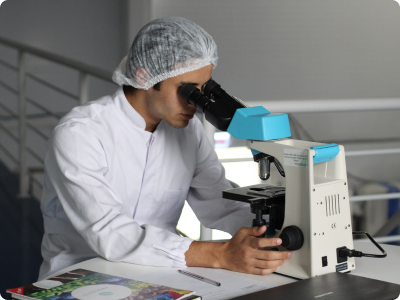Host cell proteins (HCPs) are the main protein contaminant in biopharmaceuticals. Ensuring their removal or reduction is vital for maintaining the product’s safety, efficacy and stability.
Different purification processes have been developed to keep the HCPs to acceptable levels however, their detection in gene therapy products such as adeno-associated viral (AAV) vectors, has proven to be challenging.

A new detection method developed by scientists at the National Institute for Bioprocessing Research and Training (NIBRT) in Dublin, Ireland and Patheon Viral Vector Services in Florida uses SP3 sample preparation and liquid chromatography-mass spectrometry (LC-MS) analysis for HCP profiling in various AAV samples.
“For AAV gene therapy product developers, the technology is available and readily applicable to assist them in better understanding the HCP loading present in their product and to help them optimize their downstream process and minimize the HCPs”, Jonathan Bones, NIBRT Principal Investigator.
More details on the work can be found in the references below.



